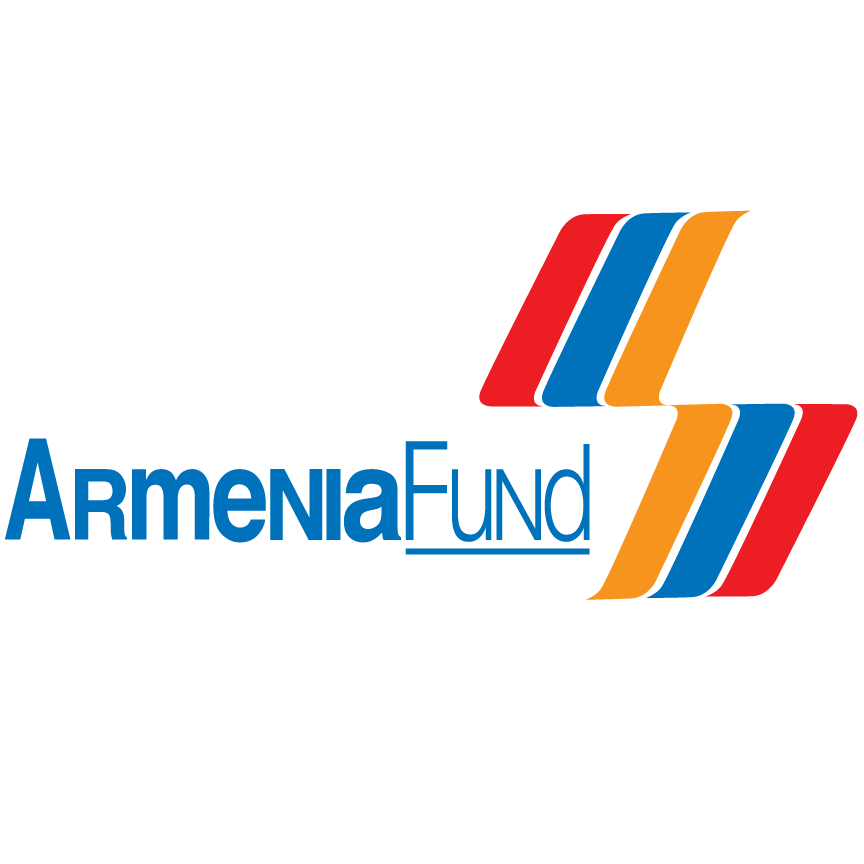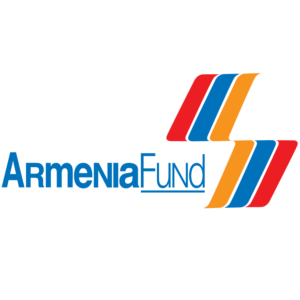by Sevak Hakobyan
Armen’s fishhook is gathering dust in a drawer at his home. He’s been in a wheelchair for the past three months. He can’t even attend classes — let alone go fishing.
The Kambulyans, who live in Ptghavan, a village in Armenia’s Tavush Region, know just about everything there is to know about the disease called thalassemia. Three of the family’s children were born with this genetic blood disorder.
“I used to be an athlete,” says Mrs. Nshanik, who is 73 years old. “I played volleyball in school, and even won trophies. Today, I can’t even walk properly.” She continues: “I stopped playing sports because I got married and was busy raising my kids. Then I began to work at the Noyemberyan Hospital kitchen.”
“My fourth son died of the disease when he was four,” says their mother, Rita. “At that time, my three other children were examined in Yerevan, and it turned out that two of them suffered from this hereditary disorder. It’s said that the disease can strike seven generations. My other son is healthy. As for Armen and my daughter, Karina, they have inherited this rare type of severe anemia.”
Armen and Karina are classified as patients with second-degree disabilities. Although the medical care they receive is provided free of charge, Rita can scarcely afford the monthly trips to Yerevan — a distance of over 100 miles — for the children’s blood transfusions.
“It’s true that the transfusions are free, but these trips to Yerevan take much longer than a day, whereas we don’t have anyone in the city with whom to stay,” Rita explains. “Rather, I have to rent a place for five days and buy food for the duration. We simply can’t afford all that. My husband, too, is sick. He has a herniated disc. None of us has a job at the moment. I used to go work in the fields, but ever since my son has been confined to a wheelchair, I can’t leave his side.” Rita herself is in ill health. She says she couldn’t possibly maintain her health while looking after sick family members and spending so many sleepless nights, year after year.
Twenty-three-year-old Karina’s health is relatively better than her brother Armen’s. At one point, he even had to leave school. He says although he wasn’t a particularly good student, he’s determined to go to college and eventually start a career.
“I’m enrolled at the Noyemberyan State College, to specialize in the freight-transportation field,” Armen says. “Since we live close to the Armenian-Georgian border, I thought it would be easy to find work in transportation. I’m in my graduation year, but right now I can’t attend classes. I’m always in pain, and, besides, can’t commute from the village to Noyemberyan in a wheelchair. Things used to be much better: I could spend whole days at the river shore, fishing.”
After Armen’s last blood transfusion in Yerevan, the doctors have told him his body could no longer receive new blood because his spleen had enlarged. He needed surgery. His mother says it would be a risky operation, given his extremely low blood count.
Following that dire prognosis, but still hoping for a good outcome, Rita took her children to the Noyemberyan Hospital, where, from September 16 through 21, 2017, doctors from Adventist Health Glendale (AHG) were to provide a wide range of free services, as part of a medical mission to Tavush organized jointly by Armenia Fund and AHG. Rita’s optimism stemmed from the fact that doctors from the AHG team were already familiar with Karina and Armen’s cases, as they had treated both children during their previous two medical missions in Noyemberyan.
Next, using videoconferencing, the doctors discussed Karina and Armen’s cases with Los Angeles-based Dr. Boris Bagdasarian, a renowned specialist in hematology and oncology, and accordingly provided free medications for the children.
Rita says the medications that were given to Karina and Armen in the previous two years had considerably lessened their pain. She’s hopeful that the latest medicines will likewise make them feel better. Today, Armen is confident that he will be able to walk again and celebrate his graduation in the company of his friends, enjoying the many fish he will soon catch.

